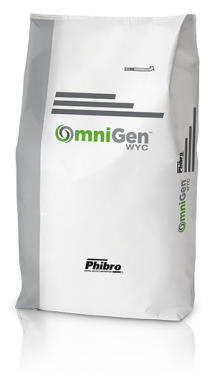Dairy’s Most Profit-Draining Challenges — Hemorrhagic Bowel Syndrome (Q&A)
Dairy technical expert Dr. Scott Bascom answers common questions about hemorrhagic bowel syndrome (HBS).

Imagine having a healthy, high-producing dairy herd one day and then finding one or more cows dead in the barn the next day. This deadly and profit-draining scenario can occur if hemorrhagic bowel syndrome (HBS) impacts your operation.
Fortunately, there are actions producers can take to fortify their dairy cows’ immune systems to better withstand exposure to the mold believed to cause HBS. Two dairy technical experts, Dr. Scott Bascom and Dr. Jim Chapman, both of Phibro Animal Health Corporation, hosted a free webinar titled “Dairy’s Most Profit-Draining Challenges — HBS,” which is available on demand from Phibro Academy. They answer some of your biggest questions about HBS. Dr. Bascom shared a sampling of the questions he receives most often about HBS.
Q&A with Dairy Cattle HBS Expert Dr. Scott Bascom
What is hemorrhagic bowel syndrome (HBS), and why do I need to know about it?
A: HBS, also known as jejunal hemorrhage syndrome, is an intestinal syndrome that can cause sudden death in dairy cattle. It’s all the more shocking because it is sporadic and tends to affect high producing dairy cows. A producer might observe that a cow is healthy and high-producing one day and then find the cow dead in the barn the next day. While there are measures that producers can take to try to prevent HBS, there is no treatment — nearly 80% of cows that have HBS die.1
What symptoms should I look for?
A: Common HBS symptoms include depression, colic, rumen stasis, dehydration and a sudden, sharp drop in milk production. It’s not unusual for a cow with HBS to make over 100 pounds of milk one day and then not produce any milk at all the next day. Dark feces with blood clots is another potential sign of HBS. However, it’s a difficult syndrome to diagnose, because many of its signs are similar to those of common intestinal diseases. A postmortem exam is the only way to diagnose HBS with certainty, but of course then it’s too late.
What causes HBS?
A: Scientists who have investigated the causes of HBS, believe that it may be a mycosis or fungal infection related syndrome, caused by an invasive pathogenic mold (Aspergillus fumigatus). It’s not specific to dairy cows. In humans, mycosis can also impact internal organs. For healthy people, this is not much of a concern, but for immunosuppressed people, like those who have had organ transplants and may be taking drugs to suppress their immune system, mold can take up residence and grow in their respiratory systems. Similarly, when dairy cows are stressed and immunosuppressed, they are more susceptible to a mycosis — leading to a higher risk of developing HBS. The creators of OmniGen® nutritional specialty product formulated a hypothesis that a stressor can cause immune suppression with an indirect effect, meaning that a cow is less able to deal with the effects of Aspergillus fumigatus (AF), and therefore may develop HBS. This is the model we work with at Phibro.
Is mycosis the same thing as mycotoxicosis?
A: No. Mycotoxicosis is a condition caused by mycotoxins, which are produced and secreted by molds that commonly are found on grains or forages. Mycosis, on the other hand, is caused by fungus that grows in animal tissue. Also, mycotoxicosis can occur even if the molds that produce its toxic compounds have died, whereas the fungus must live and grow to cause mycosis. They are easy to confuse, but they are two different issues.
How does feeding OmniGen help prepare cows to combat a mycosis to reduce the risk for HBS?
A: I want to be very clear that OmniGen does not treat HBS. Nothing does. OmniGen supports a cow’s immune system. Again, stressors like calving and heat stress are inevitable, but OmniGen boosts immunity to help dairy cows better withstand stress. This puts them in a better position to fend off molds that cause mycosis like AF, making them less susceptible to syndromes like HBS.
Registration for the webinar series is free on the Phibro Academy website at: https://academy.pahc.com/catalog/info/id:447. For more information on OmniGen, contact your local Phibro representative or visit www.theOmniGenDifference.com.
Reference:
1USDA, 2014. Dairy 2014 Health and Management Practices on U.S. Dairy Operations. NAHMS-2014.
OG100622GLB-R0122 ©2022 Phibro Animal Health Corporation. Phibro, Phibro logo design, Healthy Animals. Healthy Food. Healthy World. and OmniGen are trademarks owned by or licensed to Phibro Animal Health Corporation or its affiliates.
Dairy Cattle Products
How Feeding OmniGen® Can Bolster Your Dairy Cattle’s Immune System to Better Defend Against Challenges.





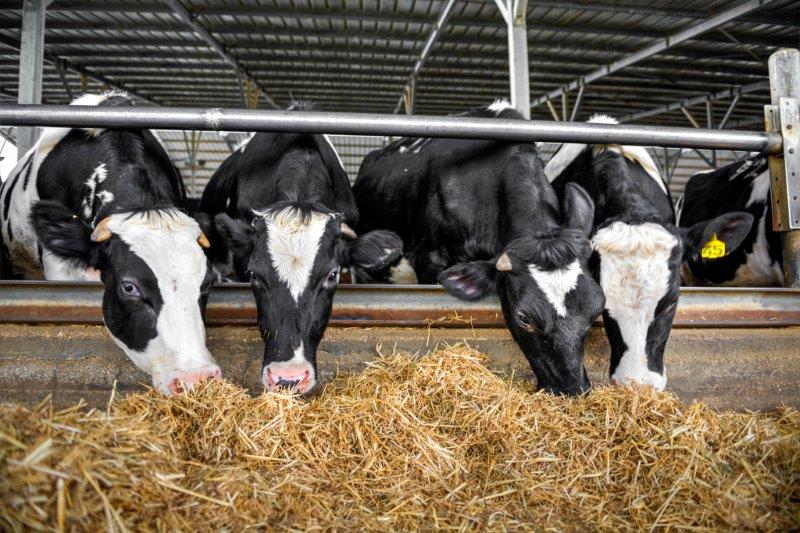
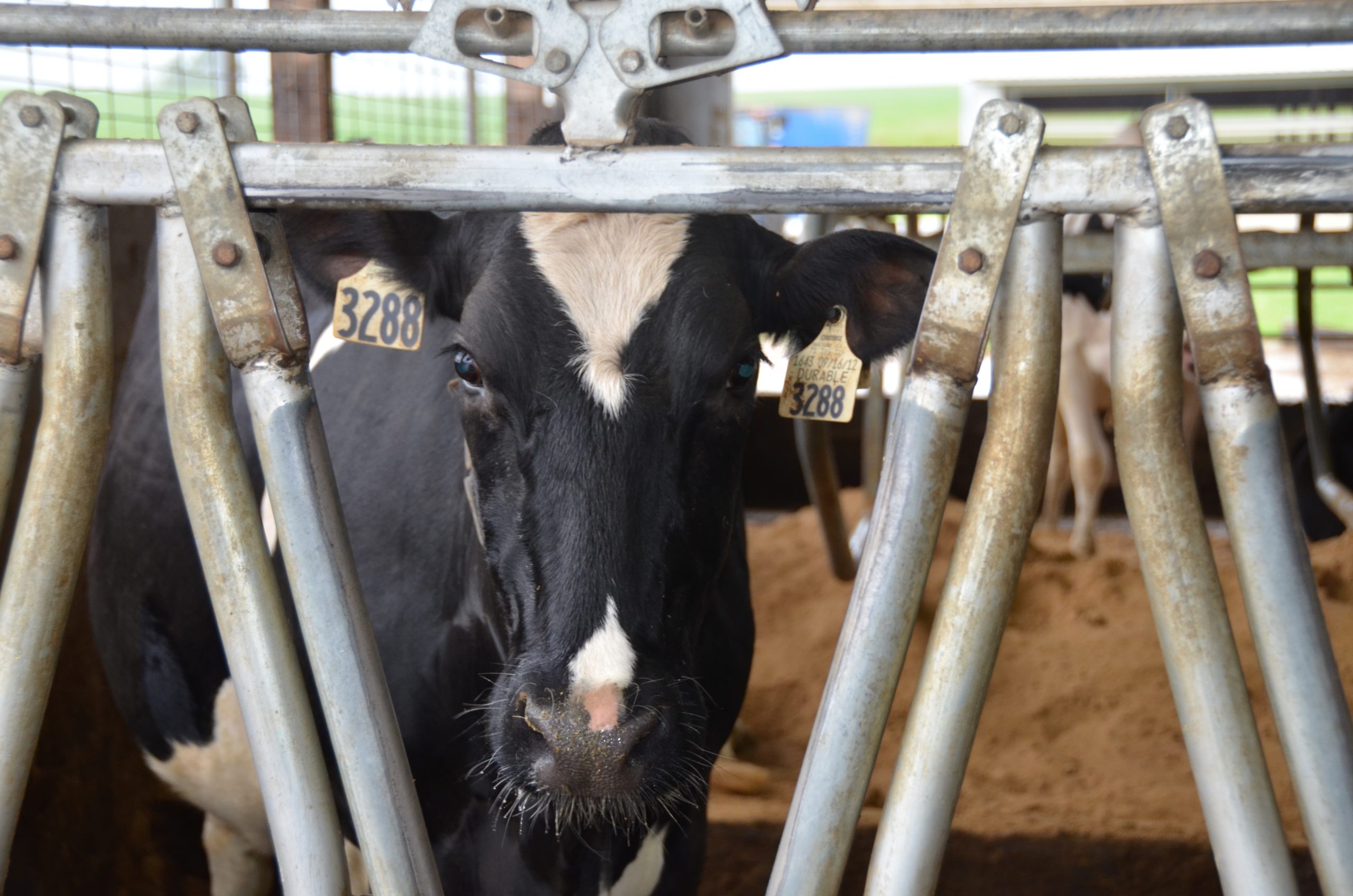
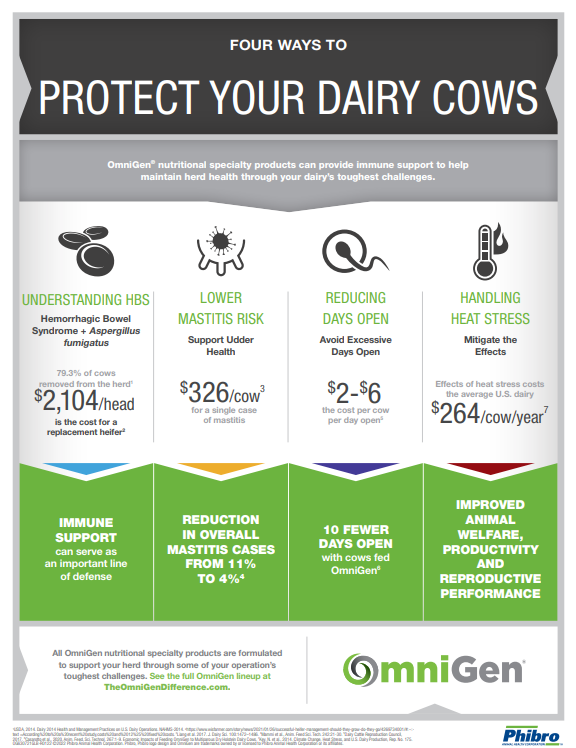
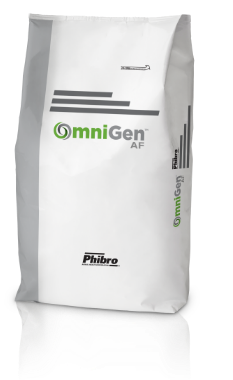
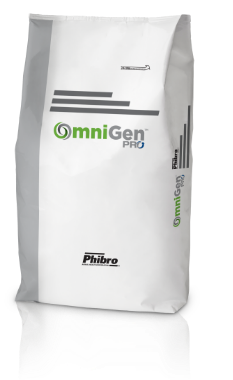
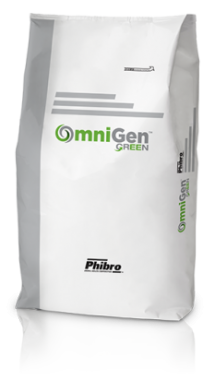
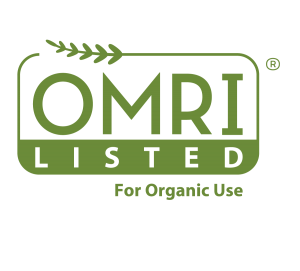 OmniGen Green is Organic Material Review Institute (OMRI) listed.
OmniGen Green is Organic Material Review Institute (OMRI) listed.